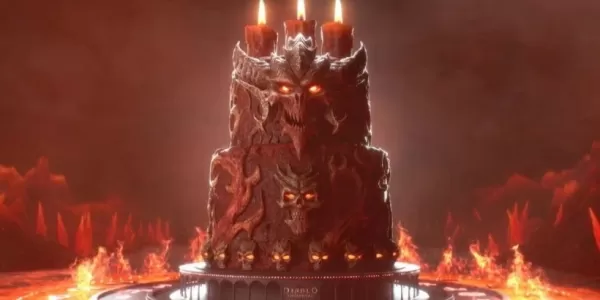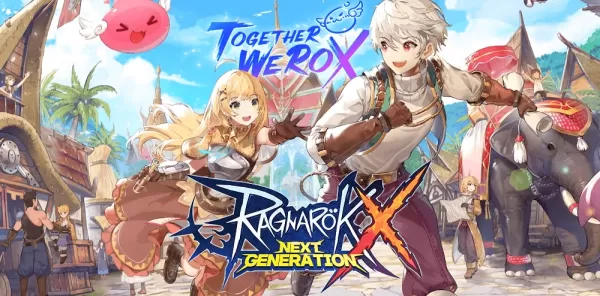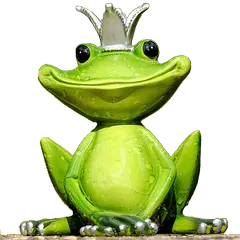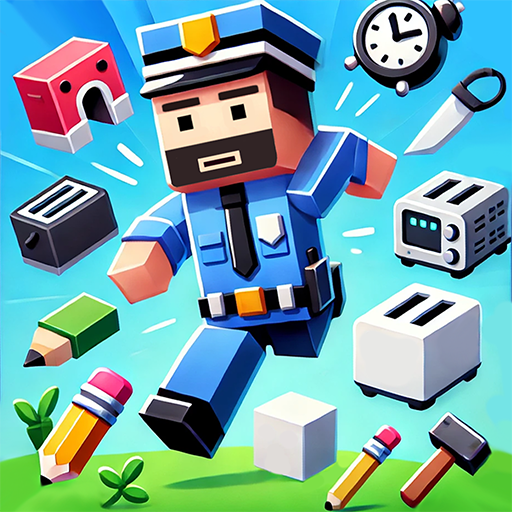Five years ago, when Mike and Amy Morhaime founded Dreamhaven, I had the opportunity to discuss their vision with several founding members. They expressed a desire to establish a sustainable publishing and support system for game studios, encompassing their own ventures, Moonshot and Secret Door, as well as other carefully selected partners.
At the conclusion of our interview, Mike Morhaime shared an ambitious goal for the new company:
"We want, if I may be so bold as to say, to be a beacon to the industry," he stated, drawing a parallel to the company's lighthouse logo. "There's a better way to approach the business of games and the operation of a game company that can yield excellent results, both in terms of products, financial rewards, and the work environment, potentially elevating the entire industry."
Around the time Dreamhaven was established, numerous studios led by former AAA executives emerged, each promising a more sustainable future. However, the industry has since faced challenges such as a global pandemic, economic instability, widespread layoffs, studio closures, and project cancellations. Many of these visionary studios have either shut down before releasing any games or postponed their ambitions indefinitely.
Yet, Dreamhaven has persevered. Today, they partnered with The Game Awards for their inaugural showcase, unveiling not one or two, but four games. Two are internally developed: Sunderfolk, a turn-based tactical RPG with couch co-op set to release on April 23, and the newly announced Wildgate, a crew-based first-person shooter centered around space heists (which we've had the chance to preview!). The other two games are developed externally but published and supported by Dreamhaven: Lynked: Banner of the Spark, an action-RPG from LA-based developer FuzzyBot, already available in early access and slated for its 1.0 launch in May, and Mechabellum, a turn-based tactical auto-battler from Chinese studio Game River, which was released last September. With Dreamhaven's support, Game River aims to keep Mechabellum updated and engaging over the long term.This is a significant undertaking for a relatively new company like Dreamhaven! But their efforts don't stop there. They are also supporting ten other external studios—many founded and staffed by former AAA developers—through investments, consultancy, and fundraising support. This support may include publishing assistance, but it's not always the case. At the Game Developers Conference (GDC) last week, Mike Morhaime explained that Dreamhaven's leaders have always aimed to create a "net" to "capture some of this great talent that was dispersing" across the industry.
Wildgate - First Screenshots
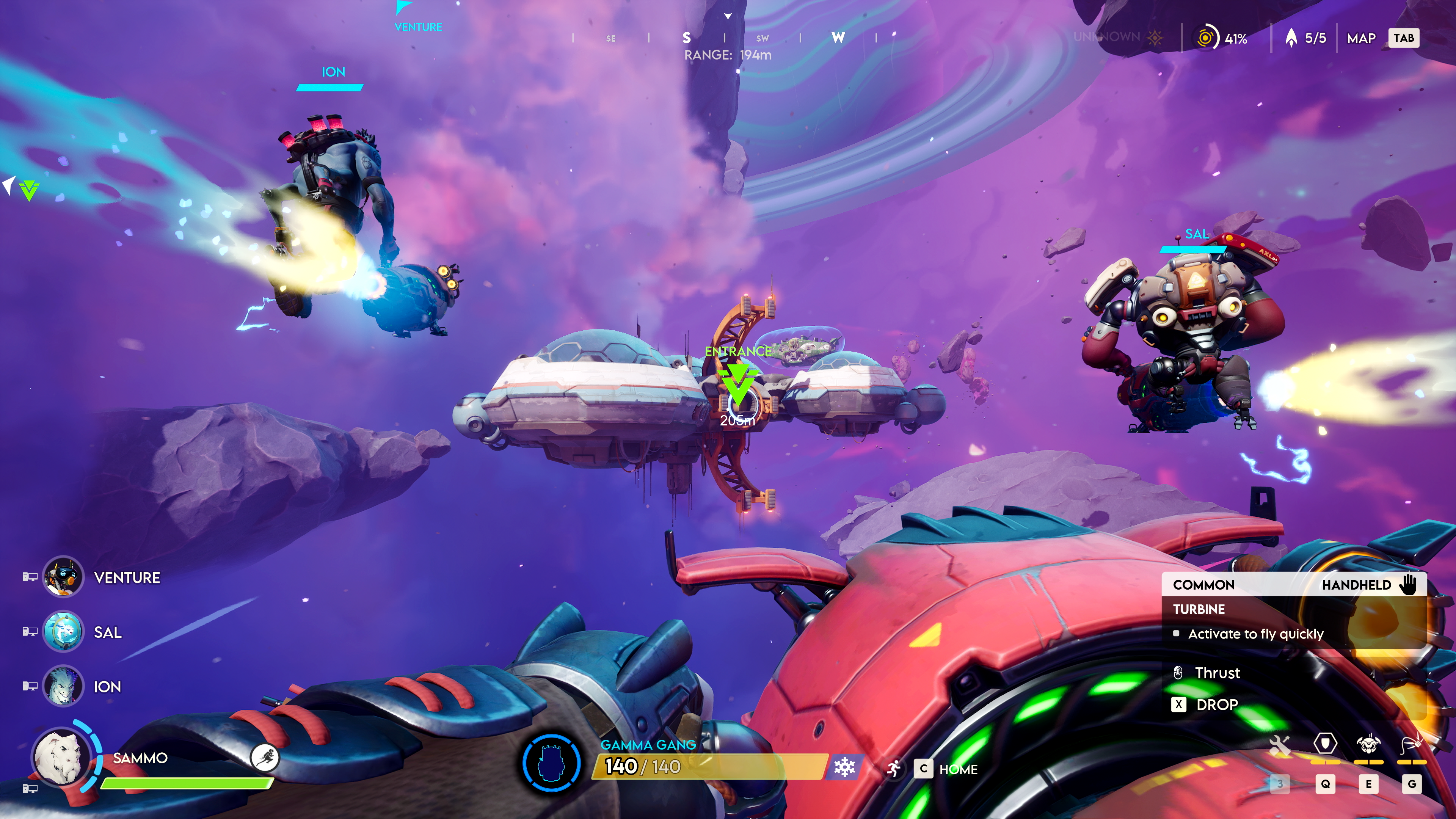
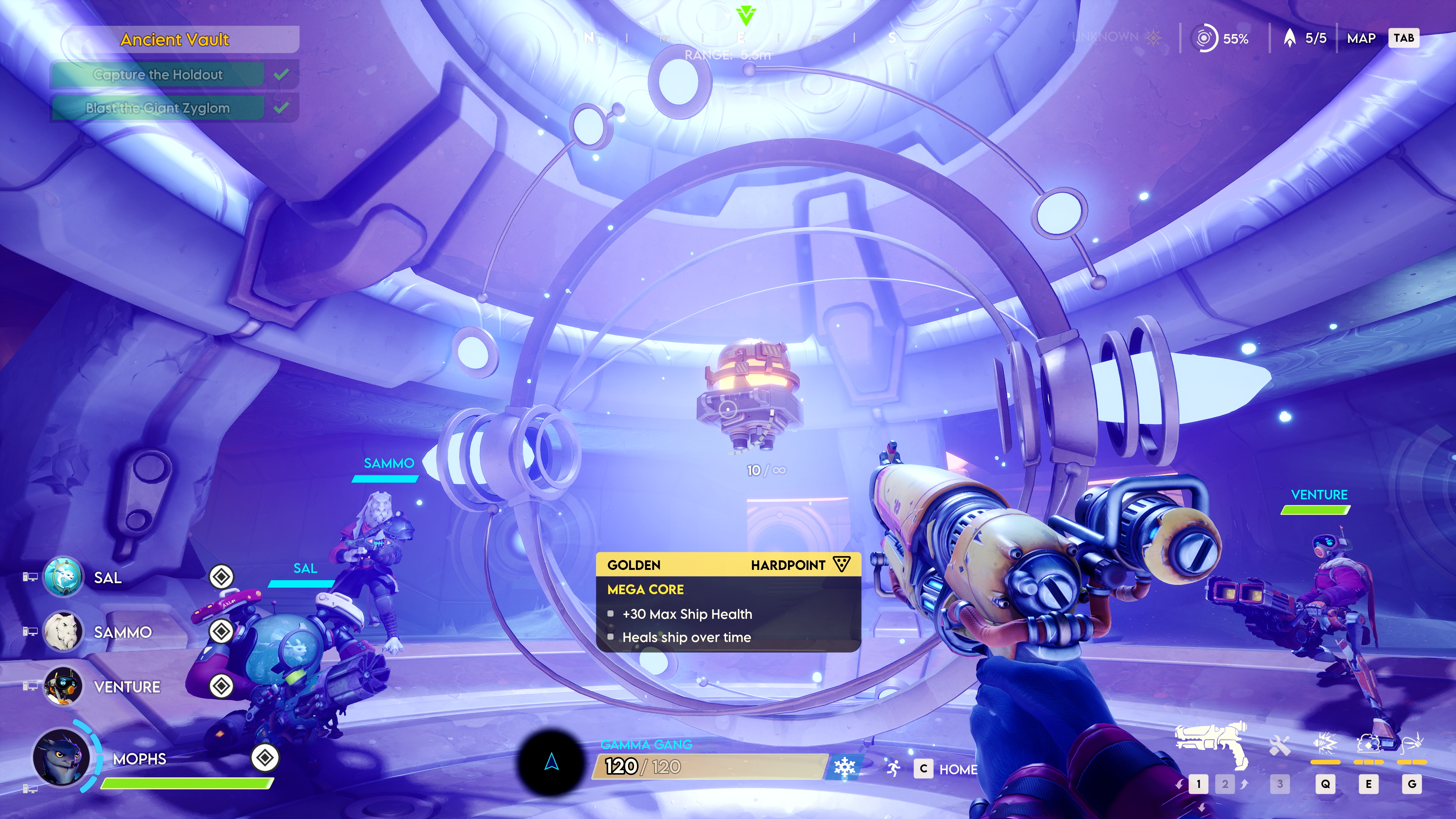 10 Images
10 Images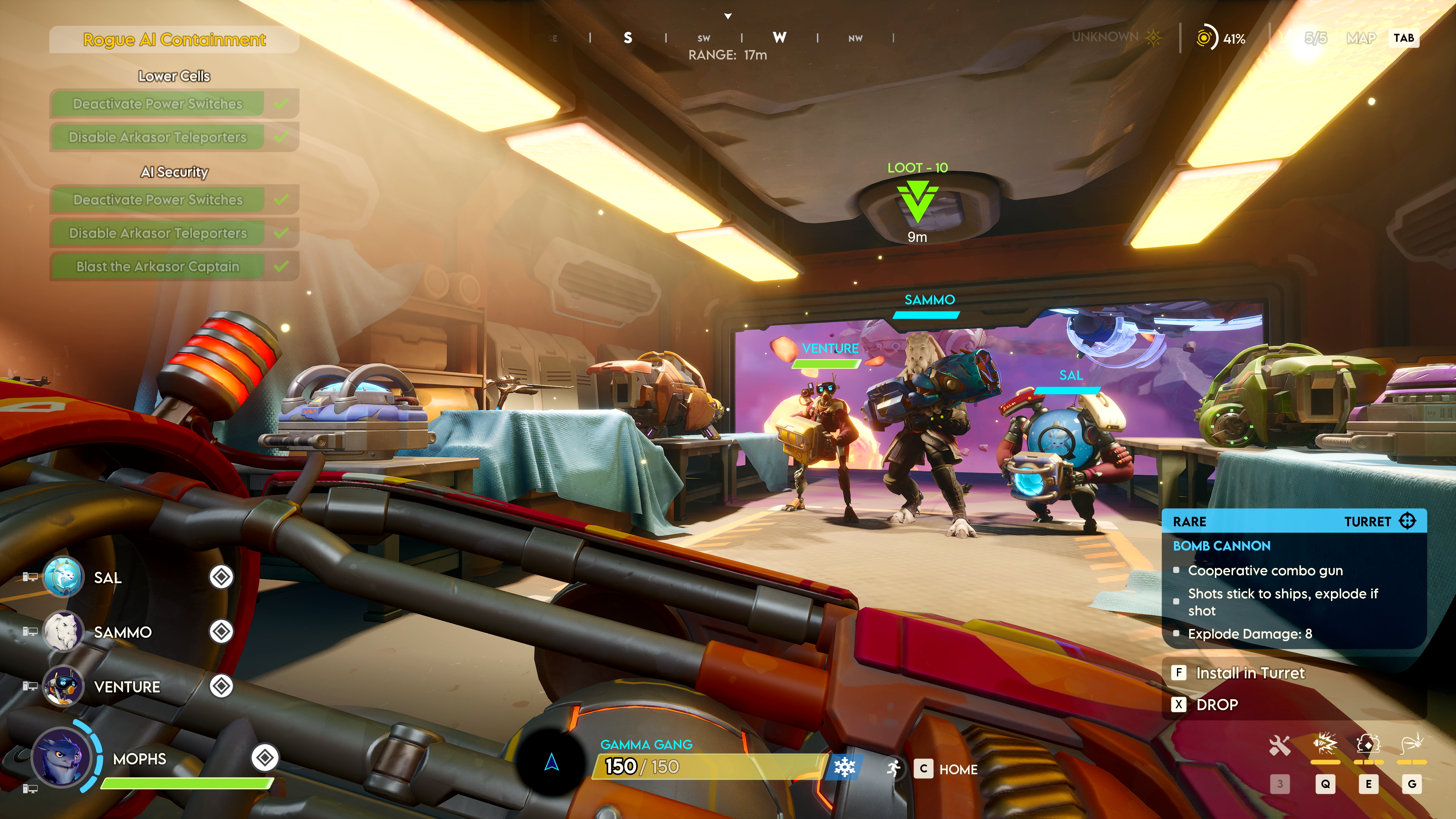
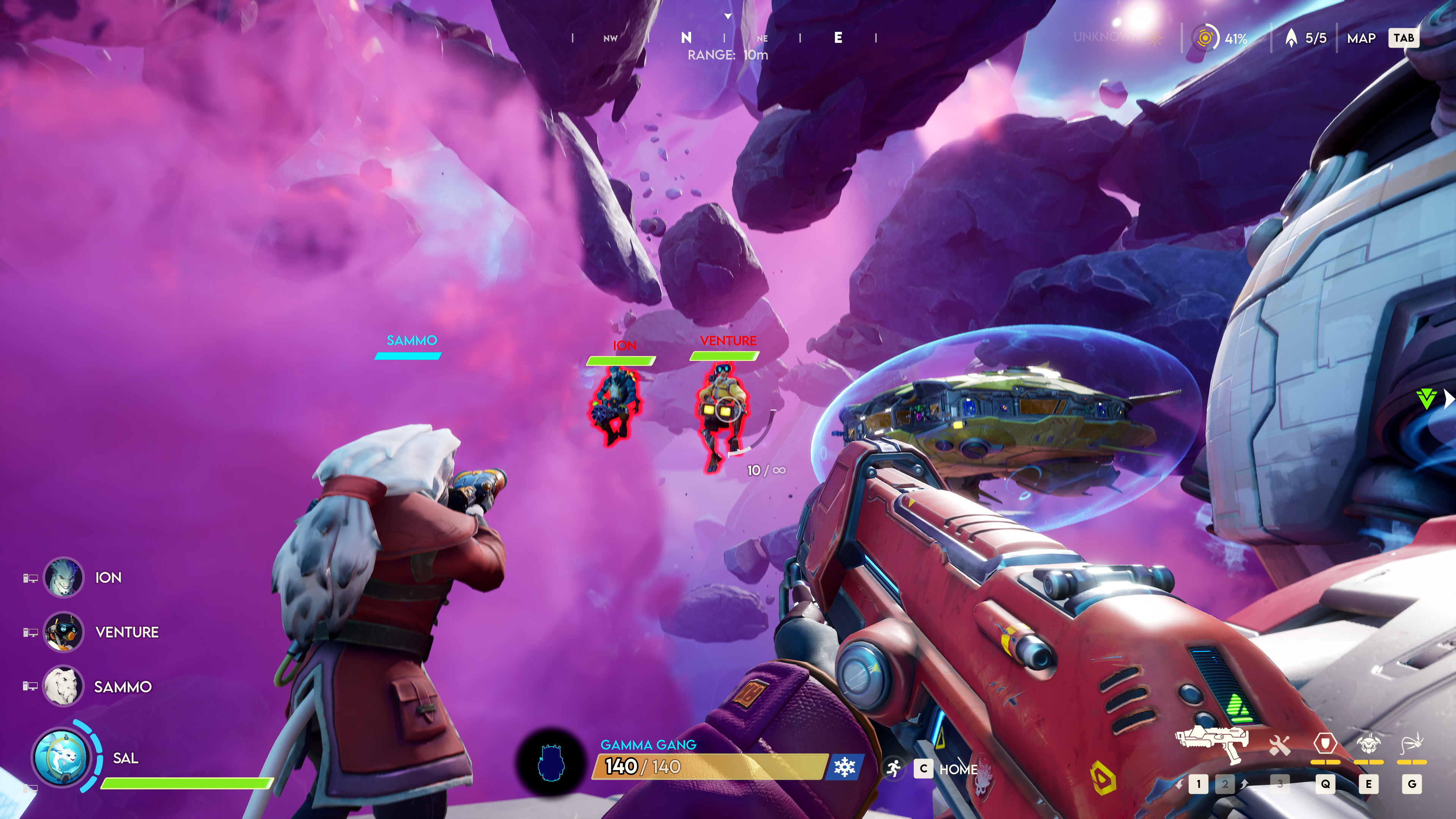
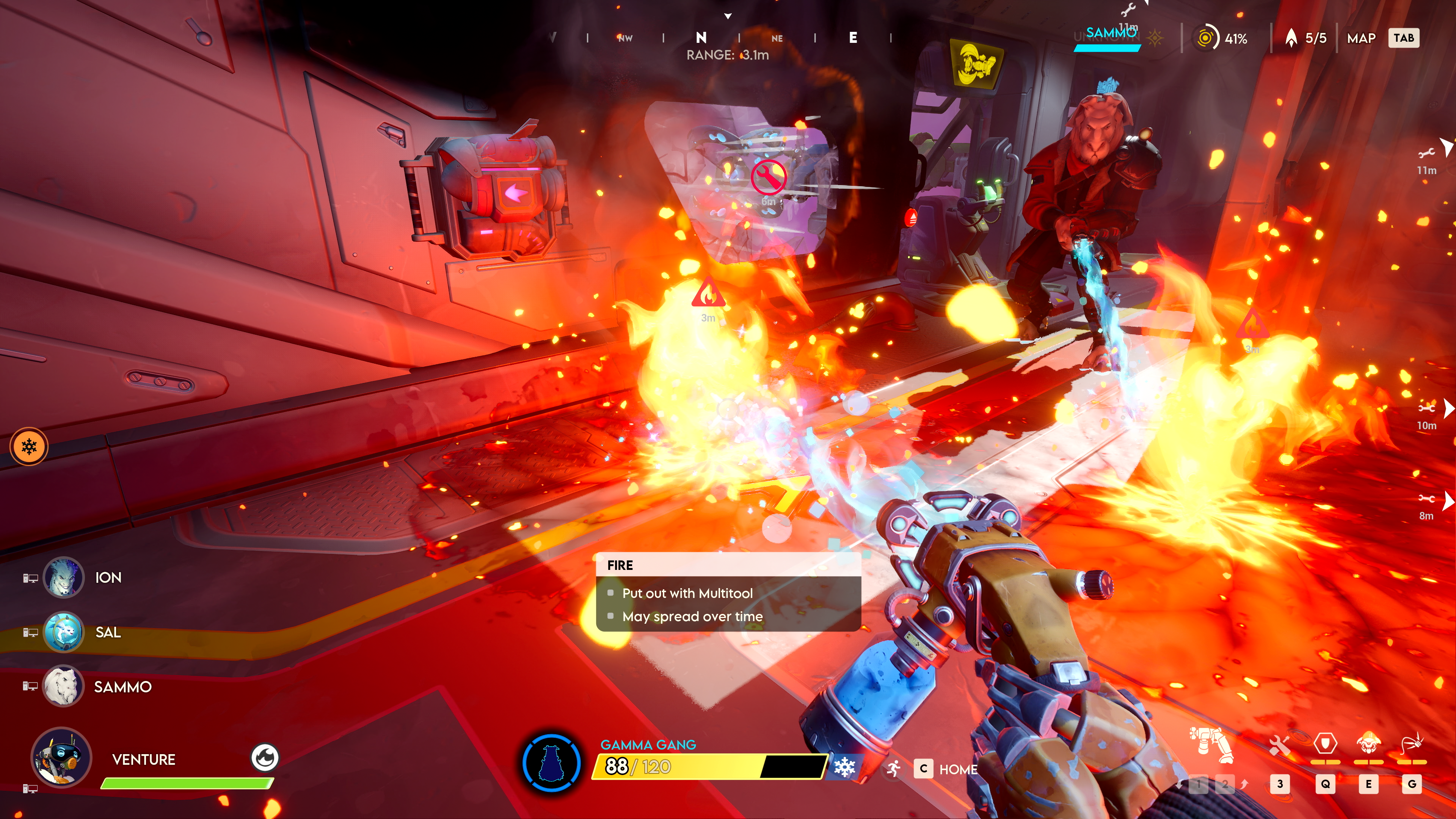
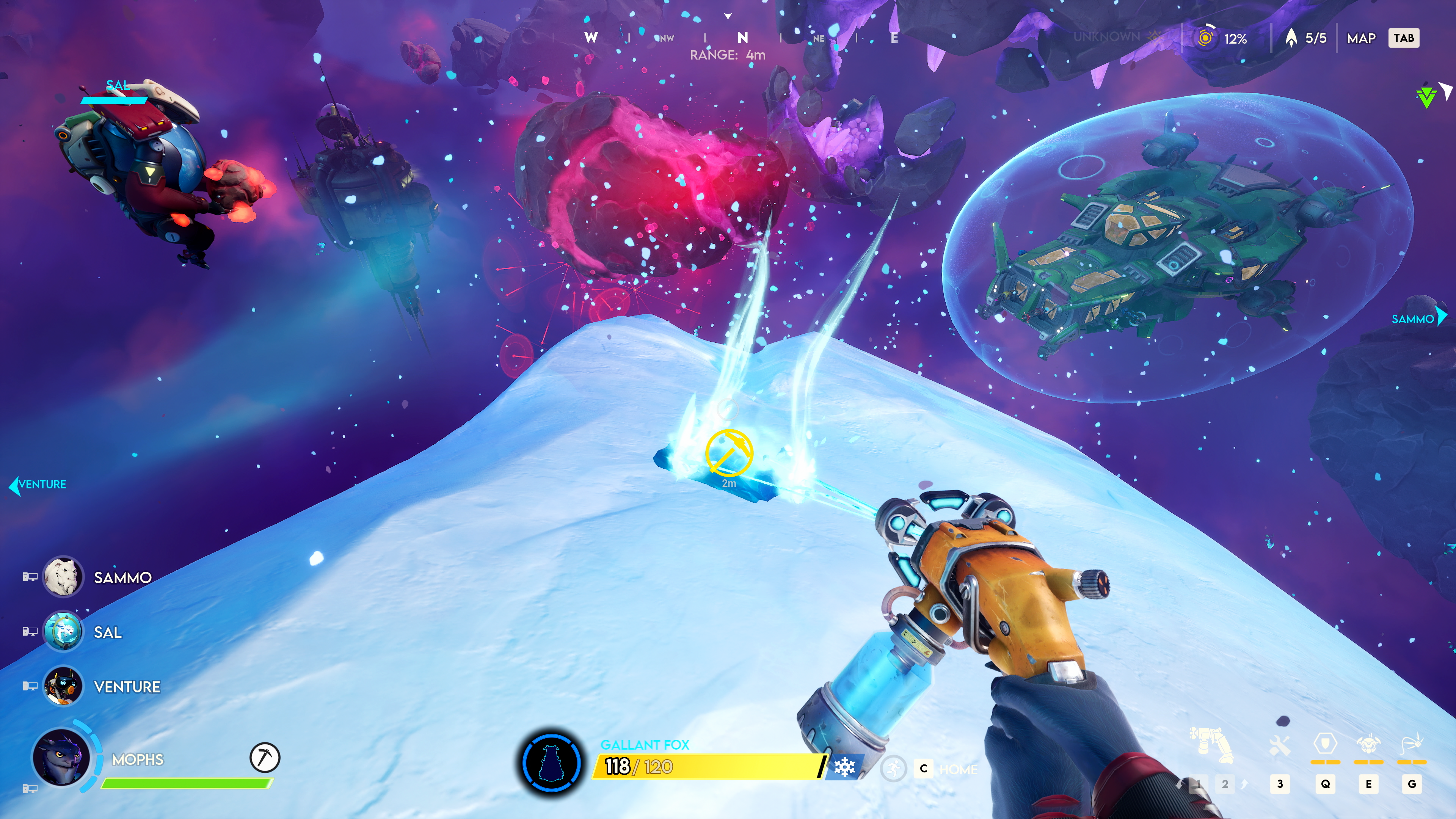 “We saw all these studios starting up and we have a lot of relationships,” he said. “We knew many of the folks starting up and wanted to create a structure that allowed us to be helpful and root for these studios. So, we established a framework that enables us to provide guidance and advice to some of these studios and be incentivized to want them to succeed.”
“We saw all these studios starting up and we have a lot of relationships,” he said. “We knew many of the folks starting up and wanted to create a structure that allowed us to be helpful and root for these studios. So, we established a framework that enables us to provide guidance and advice to some of these studios and be incentivized to want them to succeed.”
Throughout GDC, discussions about the ongoing industry crisis highlighted the tension between prioritizing profits and the craft of game development. When I asked Morhaime about this balance, he emphasized that craft and business are not mutually exclusive. However, he believes that occasional failure must be an option to foster innovation.
“I think to create an environment that allows for innovation, you need a certain level of safety and space to experiment and try new things,” he said. “We're certainly not against these products being successful and profitable. It's about focus. What are these teams focusing on? They're not focused every day on maximizing profitability at every step. They're trying to create the best experience possible, which we believe is the right business strategy in the long run. With so much competition and numerous games released each year, the only way to succeed is to stand out with something special.”
Given that Dreamhaven and many of its partners are staffed by AAA veterans, I asked Morhaime about the most significant lesson he learned from his time at Blizzard. He highlighted the importance of an “iterative” game development process.
“It was never linear. It was never a straight line where you have a perfect plan, execute it, and everything goes according to plan, leading to happiness and success. We always encountered obstacles and things that didn't work as expected, but we had the flexibility and adaptability to address those issues along the way. So, I think approaching everything with this perspective, where we want to be experimental and try things, and if they aren't working, we want to be able to go back and fix them, is crucial to ending up with something we're very proud of."On the other hand, what's the biggest difference between his work at Blizzard and his current approach at Dreamhaven? In a word: agency.
“Probably the biggest difference is that this is such an experienced team, and we're structured in a way that really gives a lot of agency to our leadership teams in the studios,” he said.
“And so, it's a very unique environment in terms of the relationship that our studios have with the central company. The central company or the central teams are really there to support the needs of the studio, and our studio heads and leadership are also founding members of Dreamhaven. So, it's really more of a partnership.”
Our conversation then shifted to new technologies, specifically the ongoing tension in the games industry regarding generative AI. While this technology is unpopular among gamers and causes concern for many developers, many AAA gaming companies are beginning to implement it. Dreamhaven isn't shying away from the idea, Morhaime said, but their use has been cautious and limited to research on best practices or internal policy drafting. It's not being used in Dreamhaven's games.
“On the one hand, I think it's super exciting, as a technologist, as someone who just loves what technology can do. This is happening in our lifetime. We're very privileged to witness the birth of something so fascinating. Just a couple of years ago, I'd never imagined that generative AI would be able to do some of the things it's currently doing. There are many complexities around it, legal, ethical, and it's also hard to predict how it will impact our lives. I think it's undeniable that it will affect all of us in various ways, some of which will be very positive, and some scary. But I also don't think you can just shut it off and put it back in a box. If you try to do that, it won't slow down or stop. Those who ignore it and pretend it's not there will be at a huge disadvantage.”What about a less controversial new technology, the Nintendo Switch 2? Sunderfolk and Lynked are both coming to Switch, and while Mechabellum can be forgiven for being Steam-exclusive given its genre, the Switch was notably absent from Wildgate’s otherwise multi-platform announcement. Morhaime isn’t saying any more about that, but he does offer commentary on the new console generally:
“I think console transitions can be very disruptive, but they can also be very invigorating and helpful for the games industry,” he said. “As a gaming startup, I think console transitions are a positive for us. If you already have games and you're selling, then there's some disruption maybe to worry about, but we don't have that problem. And as a gamer, I think console transitions are exciting.”
As we concluded our discussion, I asked Morhaime if he feels Dreamhaven has succeeded in the mission he laid out for me five years ago. Is Dreamhaven a “beacon to the industry”? Morhaime doesn’t think so…yet. They still need to release some games and see the response from players and the industry at large. “We have to put out some games that people love and we have to be financially successful, because if we aren't either of those two things, nobody's going to look at us as a beacon for anything,” he said.
“Really what I want to see happen is for Dreamhaven to build a reputation with gamers that the brand stands for something, a seal of quality, hopefully, that hopefully there's some trust that we've built up where players know that if a game is coming from Dreamhaven, regardless of genre, that it's going to be something very special and they'll want to have the curiosity to check it out.”


